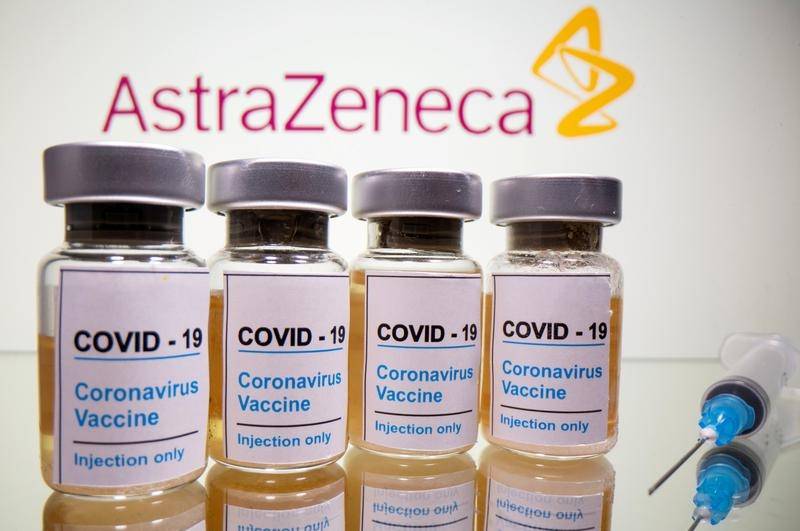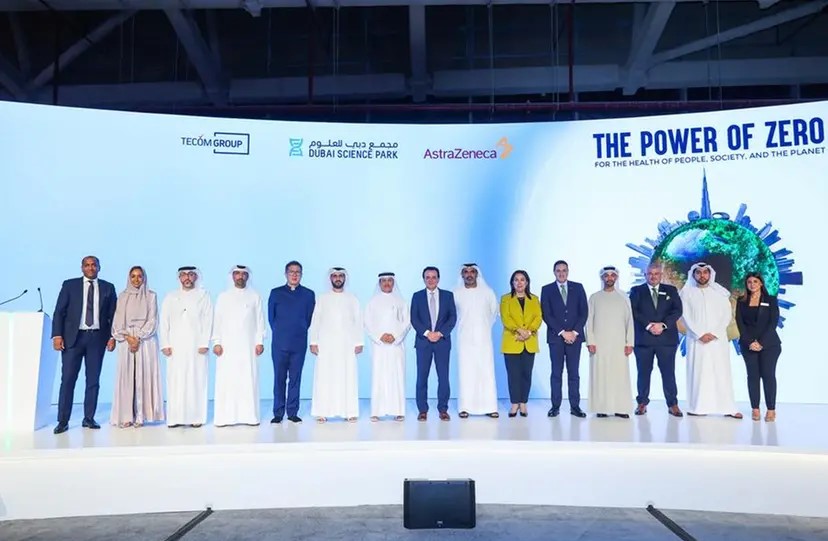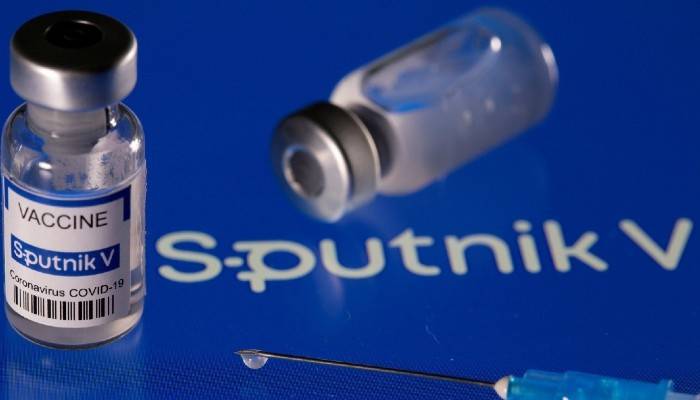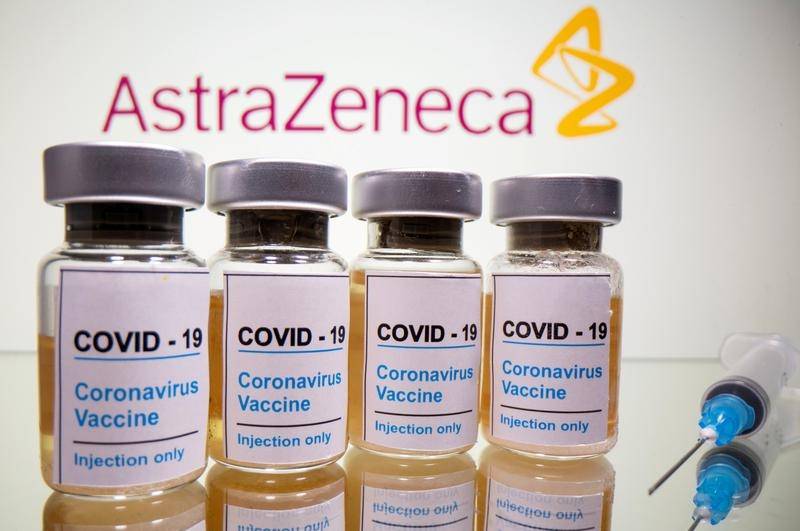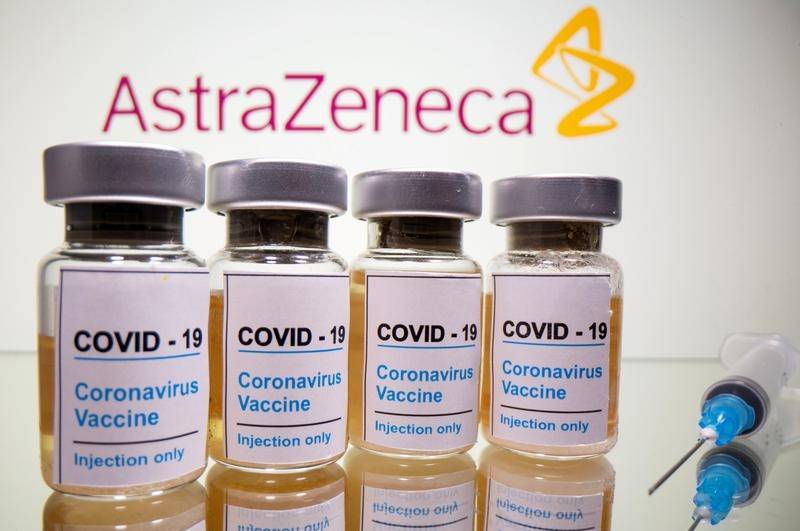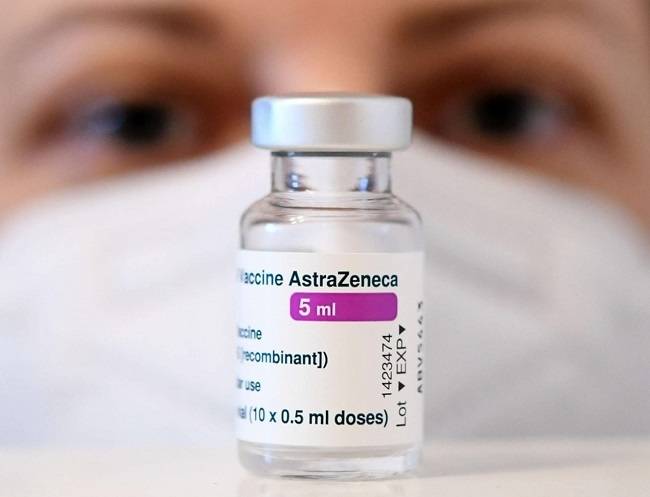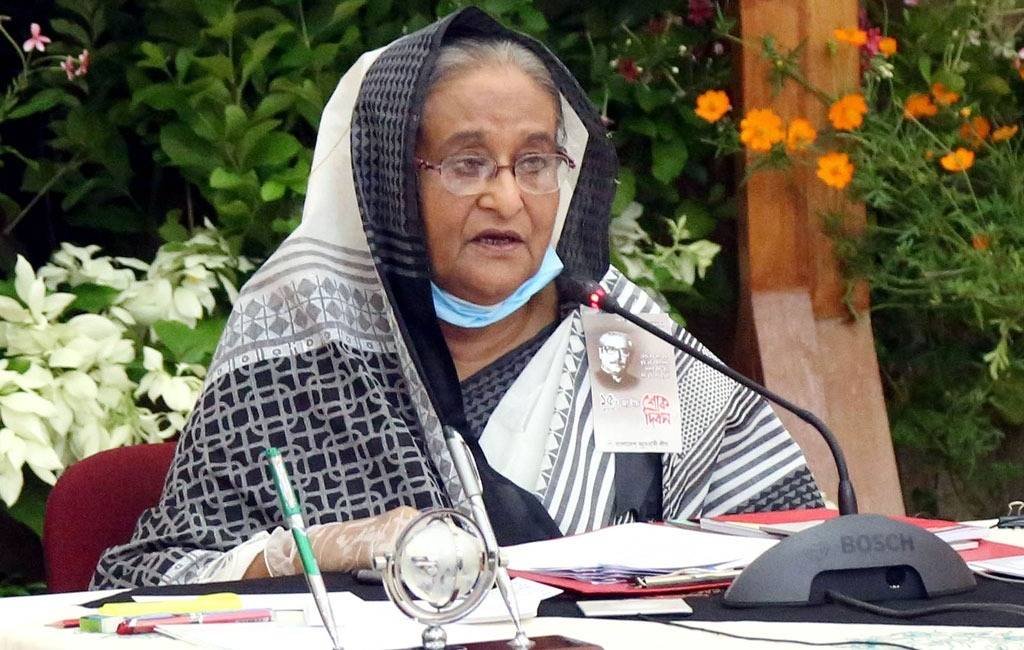The plans outlined today are the latest step in the wider plan to deliver the long-term change that Britain needs – to deliver a brighter future and improve economic security and opportunity for everyone…reports Asian Lite News
Pharmaceutical firm AstraZeneca on Wednesday outlined plans to invest £650 million in the UK – helping boost the UK’s world leading Life Sciences sector and grow the economy. This significant investment will enhance public health protection and pandemic preparedness.
AstraZeneca intends to invest £450 million at their manufacturing site in Speke, Liverpool for the research, development, and manufacture of vaccines – building on the site’s current role in supplying the world leading childhood vaccination programme. The new facility will be designed and built to be operationally net zero with power supplied from renewable energy sources.
In a further boost for the UK’s resilience for future pandemics and global health threats, AstraZeneca and the UK Health Security Agency (UKHSA) plan to work in partnership to advance science for developing and evaluating vaccines – using technology from both AstraZeneca’s manufacturing site in Speke and the UKHSA’s Vaccine Development Evaluation Centre (VDEC) at their Porton Down site.
AstraZeneca will also expand its presence at Europe’s largest life sciences cluster in Cambridge with £200 million in investment. The facility will house around 1,000 employees and will be adjacent to its £1.1 billion global R&D Discovery Centre (DISC), which already hosts 2,300 researchers and scientists. These jobs will provide opportunities for people looking to get the skills they need to succeed in life and – with cuts to National Insurance – enjoy more money in their pocket as a result of their hard work.
To drive investment and growth, the UK Government has delivered one of the most competitive business tax regimes of any major economy – sticking to an economic plan to build a stronger economy where hard work is rewarded, and ambition and aspiration are celebrated. Full expensing is one of the biggest business tax cuts in modern British history, giving the UK the most generous regime for capital allowances in the G7 and joint most generous in the OECD.
The plans outlined today are the latest step in the wider plan to deliver the long-term change that Britain needs – to deliver a brighter future and improve economic security and opportunity for everyone. This demonstrates the vast Life Sciences expertise and capability in this country and will further strengthen AstraZeneca’s UK footprint. The company will also open a new manufacturing facility for one of its cancer medicines in Macclesfield later this year, following the announcement of a £380 million investment in 2021.
Chancellor Jeremy Hunt said, “To drive investment we’ve delivered one of the most competitive business tax regimes of any major economy, as part of our plan to help our key industries to grow. Our £108 billion Life Sciences sector provides over 300,000 high skilled jobs across the UK and is crucial for the country’s health, wealth and resilience. We are sticking to our plan to make the UK one of the best places in world to invest in developing and manufacturing new, innovative medicines – both protecting public health and growing our economy. AstraZeneca’s investment plans are a vote of confidence in the attractiveness of UK as a Life Sciences superpower and strengthen our resilience for future health emergencies.”
AstraZeneca Chief Executive Officer, Sir Pascal Soriot, said, “AstraZeneca’s planned investment would enhance the UK’s pandemic preparedness and demonstrates our ongoing confidence in UK life sciences. We will continue to support the UK in driving innovation and patient access, building on the strong foundations which have been put in place. This year marks 25 years since the merger of UK-based Zeneca Group and Swedish Astra AB. We are proud of our British roots and how far we have come over that time – we are now a truly global company that has transformed the lives of millions of patients throughout the world with a relentless focus on science and innovation.”

